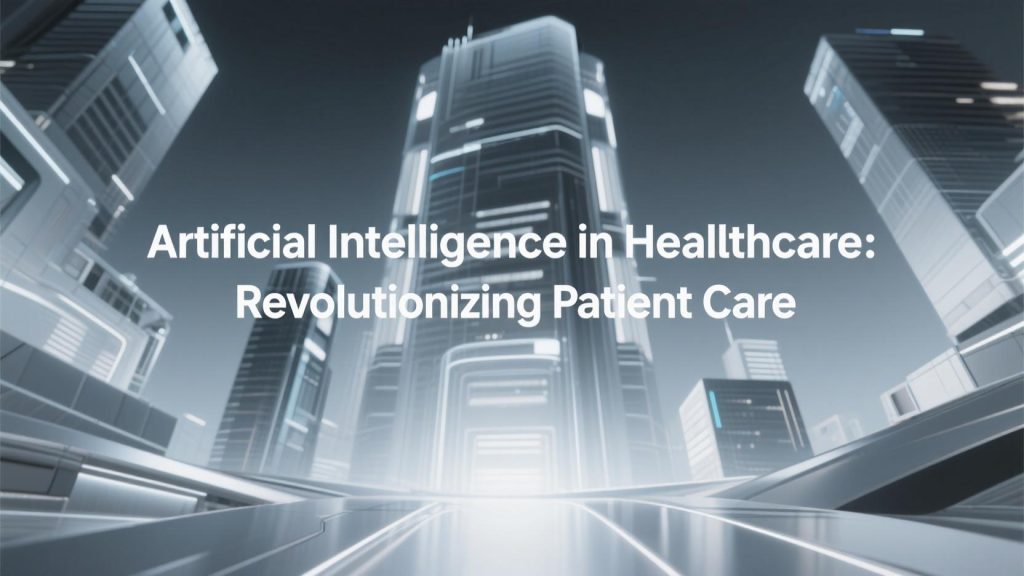
AI is transforming healthcare, offering improved patient outcomes, early diagnostics, personalized treatments, and enhanced healthcare management.
Diagnostic tools leveraging AI, such as advanced imaging analysis and predictive analytics, allow for earlier and more accurate identification of diseases like cancer, diabetes, and heart disease. For example, AI-powered radiology systems can detect tumors invisible to the naked eye, significantly increasing early detection rates. Moreover, AI-driven virtual health assistants and chatbots provide immediate patient support, boosting healthcare accessibility globally, especially in remote and underserved regions where medical resources are scarce.

Personalized medicine, enabled by AI, analyzes extensive genomic data to customize treatment plans, dramatically improving efficacy and patient compliance. By integrating patient histories, lifestyle factors, and real-time health monitoring, AI tailors therapies that minimize side effects and maximize benefits. However, integrating AI into healthcare systems involves addressing challenges, including patient data security, ethical use of patient information, and regulatory compliance. Ensuring transparency and interpretability of AI recommendations remains essential for clinician trust and patient safety.
Ultimately, AI-driven healthcare presents unparalleled opportunities to enhance patient care and health outcomes, significantly benefiting society. Continued collaboration between technologists, healthcare providers, and regulators will be key to realizing AI’s full potential in medicine.








